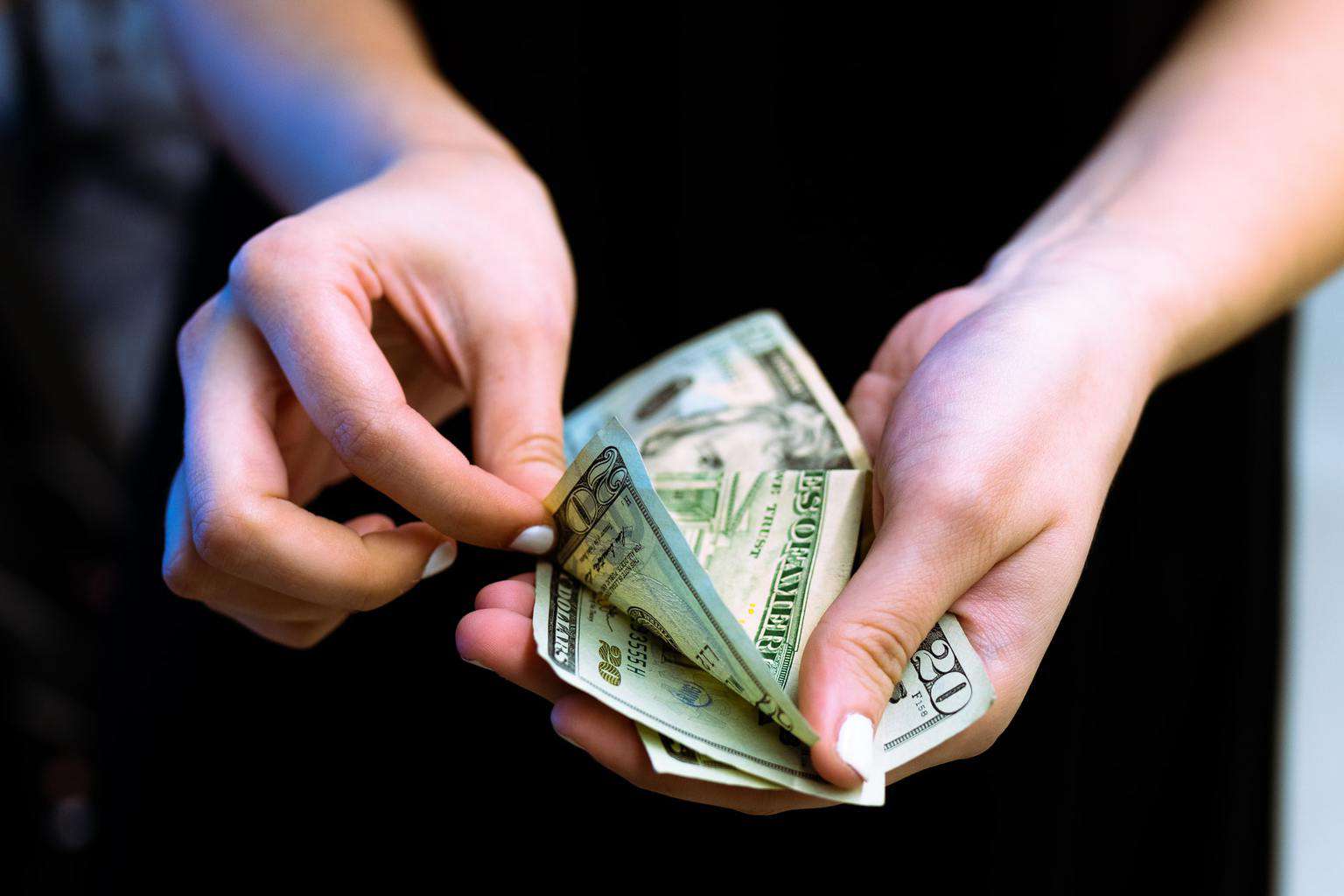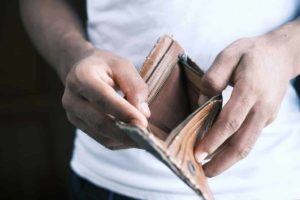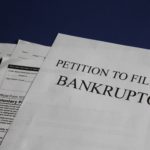Credit card debt is easy to get into, but paying off the outstanding balances is another story. Suppose you only pay the minimum each month. In that case, you could spend several months or years paying a fortune in interest while barely making a dent in the principal balance.
Fortunately, there are several ways to make paying off credit card debt a little less challenging. But first, you should understand the perks of repaying what you owe to get motivated about starting your debt-payoff journey.
The Benefits of Paying Off Credit Card Debt
Although it can be challenging to pay off credit card debt, your efforts will be well worth it. Here are some perks to eliminating those outstanding balances:
- Peace of mind: It can be stressful to juggle household bills and credit card debt, especially if money’s tight. However, paying off the balances can give you peace of mind as you’ll have fewer monthly expenses to worry about.
- More disposable income: The minimum monthly payments on credit cards add up quickly if you have several accounts. Each time you pay a card off, you free up funds to allocate to your other outstanding balances. Once all the cards are paid in full, you’ll have more disposable income that can be used to boost your emergency fund or meet other financial goals.
- Potentially higher credit score: Approximately 30 percent of your credit score is determined by the amounts owed to creditors. A sizable portion of this calculation is your credit utilization or the amount of credit in use on your credit cards. So, if you have three credit cards with $500 limits and you use $200 on each, your credit utilization is 40 percent. Ideally, you want this percentage to be 30 percent or lower for the best chance at a healthy credit score.
- Better credit health: If you’re planning to apply for a loan soon, you could have higher approval odds after paying off credit card debt. You could also qualify for more competitive interest rates if your credit rating is good or excellent after eliminating your outstanding balances.
- Financial security: While paying off credit card debt doesn’t guarantee financial security, it helps you get closer to the freedom you desire. Instead of paying creditors every month, you can use any disposable income to build up a rainy day fund, invest, purchase life insurance, boost your nest egg and grow your children’s college fund.
- Save on interest: If you only make the minimum payment on your credit cards each month, only a tiny percentage is applied to the principal. Consequently, it could take several months or years to pay off your credit cards. However, accelerating your repayment efforts by paying more than the minimum could save you hundreds or even thousands in interest, depending on how much you owe.
5 Steps to Pay Off Credit Card Debt
Are you ready to eliminate outstanding credit card balances? You need a plan of action to ensure you meet your goal.
Before you devise a plan, though, reach out to your creditors and ask if they’ll lower your rates. You also want to take an inventory of your credit cards by jotting down the following:
- Creditor’s name, address, and phone number
- Credit limit and outstanding balance
- Minimum payment
- Interest
- Account status (current or past due)
This information helps you determine where you stand and how to approach your credit card debt. Some prefer to focus on the account with the lowest balance first – others start with the account with the highest interest rate. Regardless of your approach, it’s important to continue paying at least the minimum each month to preserve your credit health.
Ultimately, the key to successfully paying off credit card debt faster is to earn more money or find extra cash in your budget and use it to pay more on your cards each month. If you choose the latter, below are five essential steps to take when paying off credit cards:
1. Assess Your Finances to Prioritize Expenses
The first step is to list all your expenses and prioritize them from most to least important. Refer to bank statements from prior months to confirm all your expenses are listed and that you aren’t leaving anything out. Once your list is complete, reduce or eliminate expenses to free up funds for extra credit card payments.
2. Lower Your Subscriptions or Bills
Next, review each item on your list to determine if you can make adjustments. You probably can’t cut your rent in half (unless you get a roommate or move back home, but items like cell phones, cable, subscriptions, and dining out can be trimmed if needed. Contact your service providers to inquire about cost-saving strategies to help you free up cash.
3. Create a Budget You Can Stick To
Without a realistic budget, you’ll find it challenging to pay off credit card debt. So, you must develop a budget that accurately reflects your income, expenses, minimum credit card payments, and the extra amount you plan to pay on your cards each month. Be sure to pay yourself first and allocate every dollar to an expense item before it hits your bank account to avoid deviating from the plan or overspending.
4. Save Money for Emergencies
While saving for unexpected expenses technically isn’t a debt-repayment strategy, it can help you steer clear of credit card debt. How so? Suppose your credit cards all have a zero balance, and a financial emergency arises. In that case, it can be tempting to swipe away to take care of the issue. But if you have money saved, your rainy-day fund can cover the costs.
5. Stop Using Your Credit Cards
It’s impossible to get out of credit card debt if you continue to swipe away. But you probably don’t want to close all your accounts as it could reduce your credit age and have negative consequences for your credit score. A better idea: remove the cards from your wallet and store them in a safe place. Or you can resort to more extreme methods, like burying your credit cards in the backyard or freezing them in a block of ice.
Other Ways to Pay Off Credit Card Debt
Searching for more aggressive credit card payoff strategies. Depending on your goals and financial situation, a debt consolidation loan or debt settlement program may be worth considering.
Debt Consolidation Loan
You could qualify for a debt consolidation loan that rolls all your balances into one account if you have good credit. Instead of paying several creditors each month, you’ll only pay one and likely. Plus, you’ll likely save a bundle in interest as these loans generally offer interest rates that are far lower than what you’d find with credit cards.
Quick note: Whether you consolidate or settle your debt, the trick is to avoid using the credit cards once they’re paid off for this strategy to be effective. Otherwise, you’ll end up with an even greater debt load.
Debt Settlement Program
If money’s tight and you’re overwhelmed by credit card payments, a debt settlement program could work for you. Debt settlement companies will negotiate with creditors and can potentially help you get rid of your unsecured debt in 24 to 48 months.







